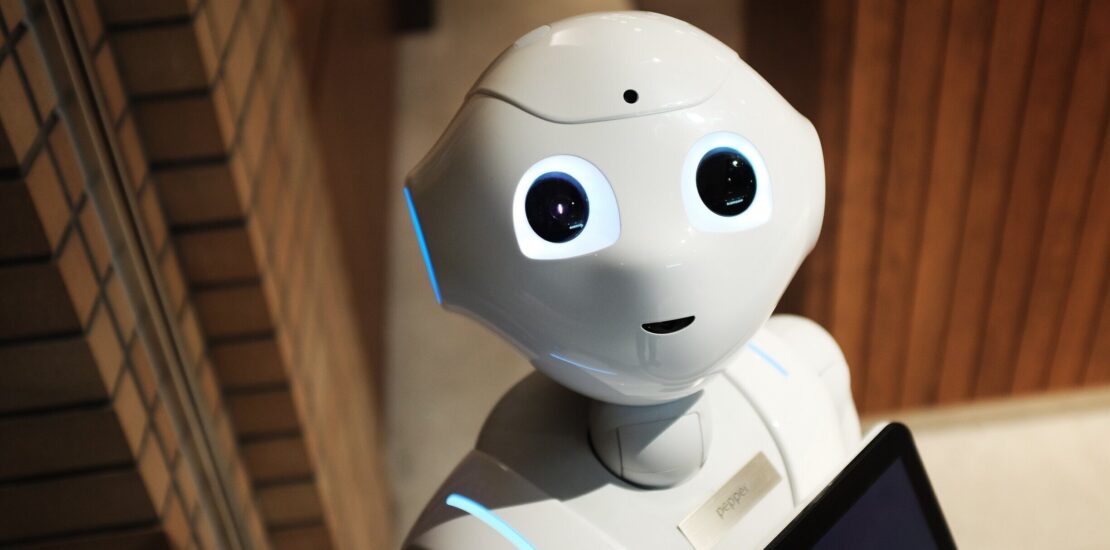- April 19, 2021
- Posted by: Toritseju Omagbemi
- Categories: Future of Work, Work

Humans have come a long way in terms of development. We have constantly sought for better and easier ways of doing things. Our machines are faster, computers are processing data with the speed of light. From robotics to artificial intelligence, to 5G, things are even moving faster than they have since man started inventing.
The same can be said for human labour. The quest for efficiency and accuracy has led to the infusion of technology and automation into processes that were once fully driven by traditional labour.
What does this mean for humans who once rode on the gory of being the go-to for labour of any sort? Can Machines Replace you at work?
The disruption
As different technology was introduced into our everyday work, we saw more efficiency, accuracy, and less time spent in doing work. Unfortunately, the labour market also witnessed a decrease in the number of human labour needed for work that has one sort of technology or automation infused in it.
Before the introduction of Electronic Mail (Email) post offices used to be the go-to for sending letters. With Yahoo, Gmail, and others, we can send emails from and to anywhere in the world with just a push of a button. What happened to those who received the letters, those who filed them? How about the dispatch riders? The introduction of emails made their services obsolete.
As technology advances we will continue to see more and more human-labour focused jobs go extinct, causing a disruption in the global labour market.
The opportunities
The story is not all bad. As a matter of fact, technology advancement has driven the skills spectrum beyond points we had ever imagined, forcing humans to develop skills relevant to stay competitive and needed in an ever increasingly technology dominated world.
Over the years, technology advancement has also created new industries and markets thereby creating new jobs and bigger opportunities.
The shout-down of a post office meant the birth of an email service provider, opening a new market for a broad chain of services and products.
What we know
Technology is changing faster than ever and is impacting the job market in ways we had never seen before. The infusion of technology into routine human labour has rendered certain jobs obsolete and opened new markets.
The skills need pool is deeper than ever and the lifespan of a skill is shorter than ever.
To stay relevant, we have to constantly identify new industries, Markets, and develop the skills (technical and soft skills) needed to stay afloat.
